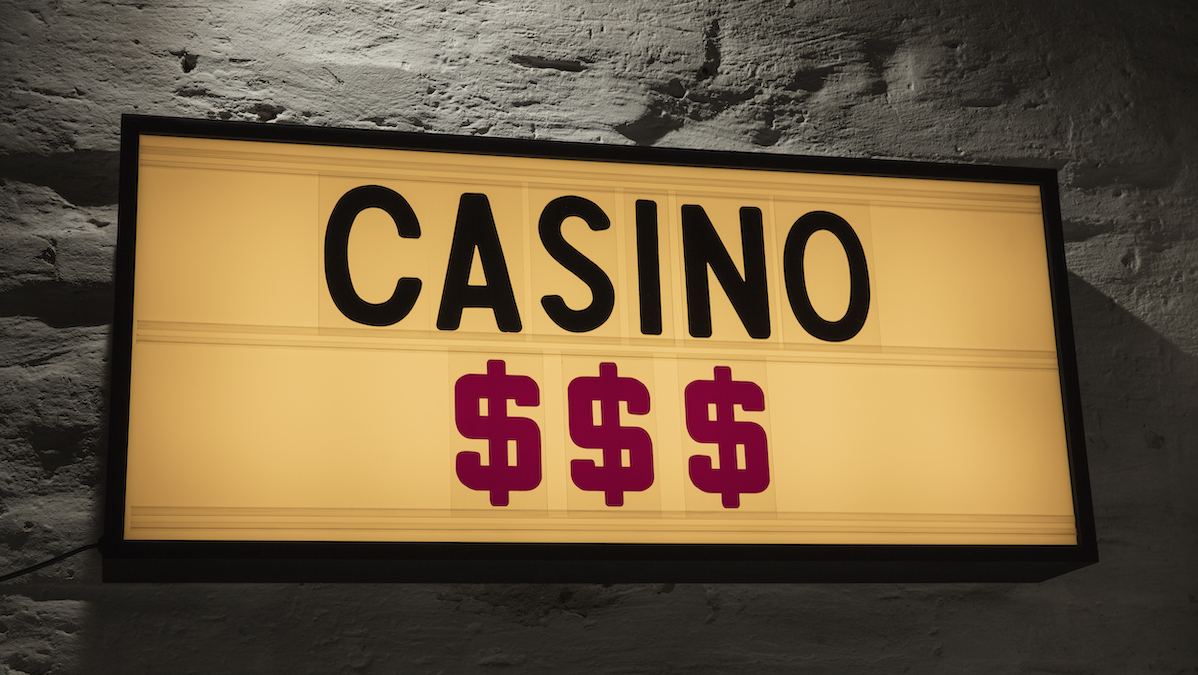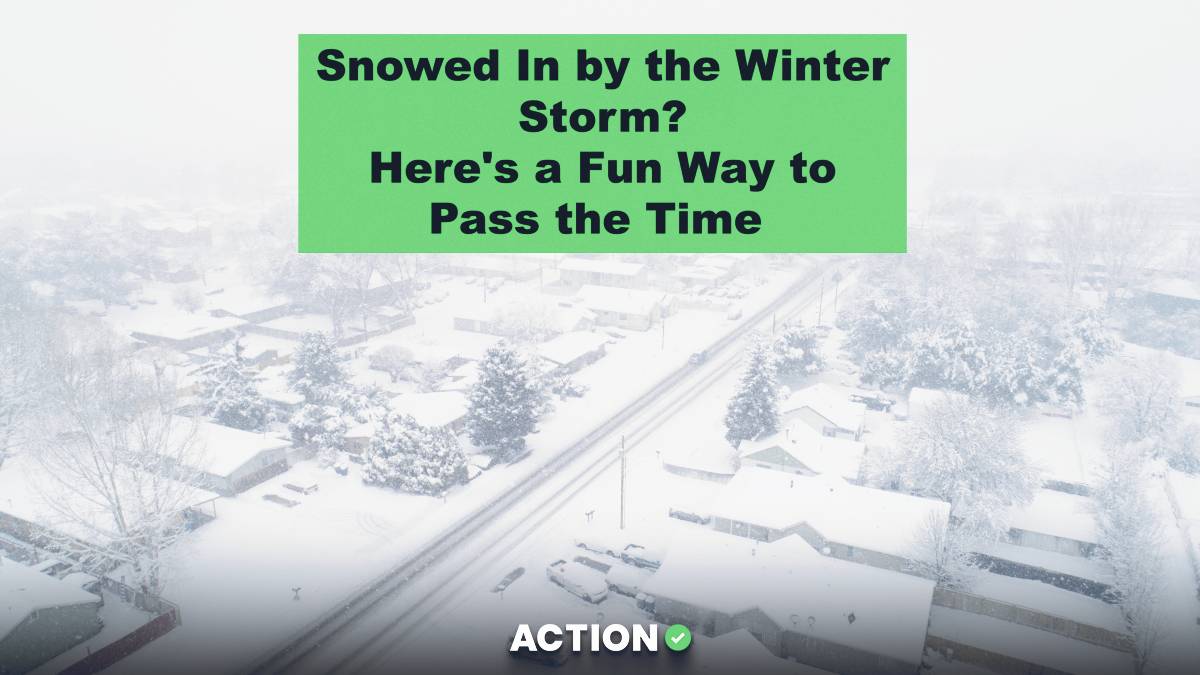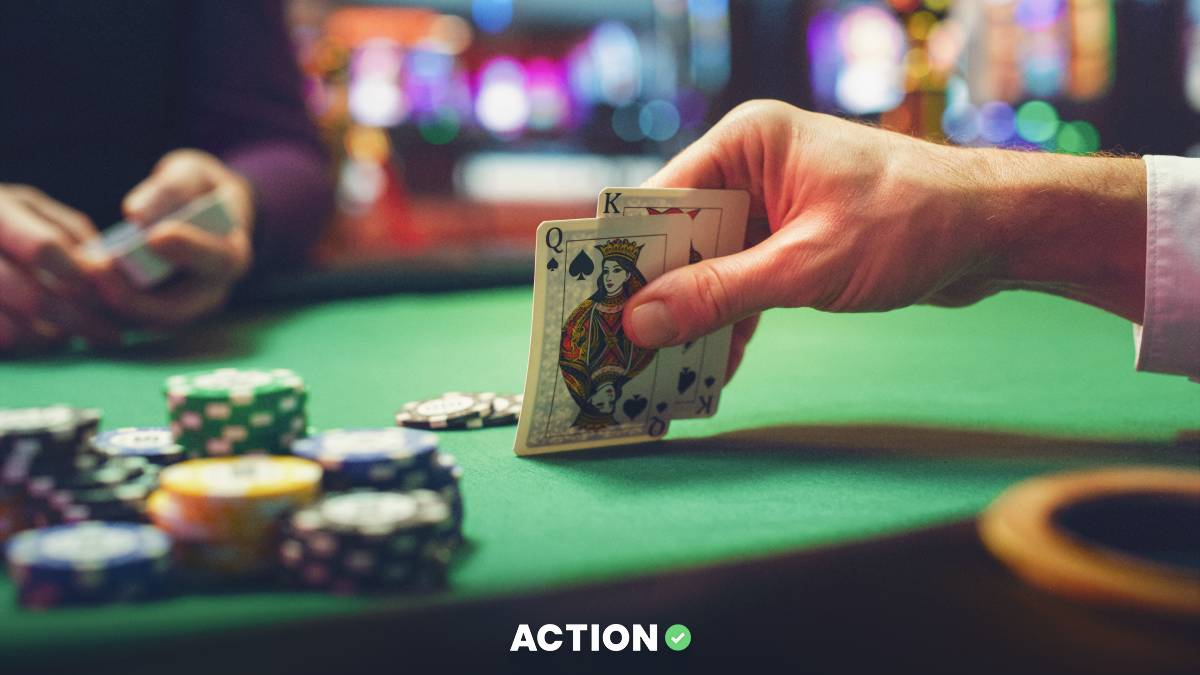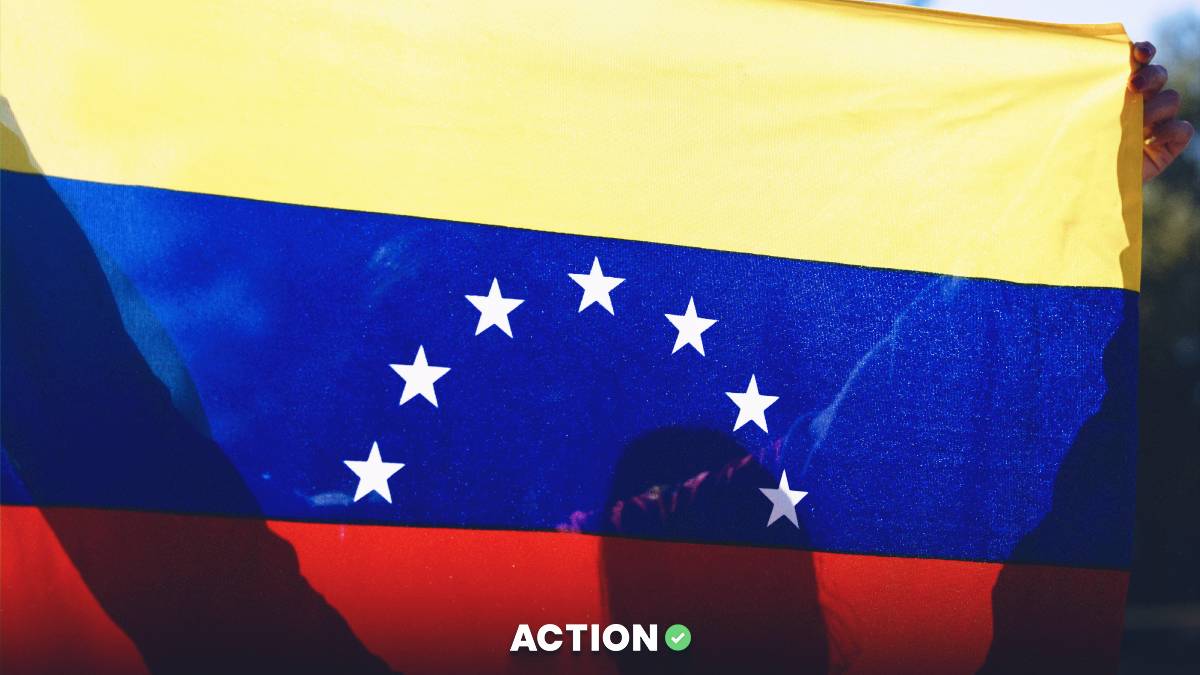Governor Eric Holcomb announced Wednesday that Indiana Gaming Commission Executive Director Greg Small is stepping down, effective Sept. 20.
Separately, Small stated on his LinkedIn page that he has accepted a role with Fliff to become the social gaming outfit's head of legal and government affairs.
Small had been with the IGC since 2015, serving as general counsel until being appointed executive director in September 2021, succeeding Sara Gonso Tait. In his LinkedIn post, Small said he was "proud of the work the agency has done" and called joining Fliff "an exciting opportunity."
Holcomb named IGC General Counsel Dennis Mullen as acting executive director, effective Sep. 23, and he will continue to serve as general counsel for the state agency. The state has 12 casinos and two racinos, with Churchill Downs Inc. the most recent licensee to open a casino in Terre Haute in April.
Indiana was one of the first states to legalize sports betting in the post-PASPA era and has generated $17.5 billion in handle, $1.5 billion in operator revenue and $146.9 million in state tax revenue since launching in September 2019.
"Greg's knowledge and expertise has been invaluable in leading the Indiana Gaming Commission effectively and efficiently," Holcomb said. "The agency will be left in good hands with Dennis at the helm."
What is Fliff?
Fliff describes itself as a "social sportsbook" that has reimagined sports predictions as a "free-to-play social game."
The company was a defendant in a $7 million lawsuit filed in California that alleged it was illegally operating a sports betting platform, but that case was moved to arbitration in January. Fliff also offers promotional games as a way for players to acquire prizes and gift cards. You can learn more about what a Fliff promotion entails by reading this review.
It is available in every U.S. state except Washington, though players in Hawaii, Idaho, Louisiana, Nevada and Tennessee are restricted from participating in promotional games.
California remains the largest state by population without sports betting, as commercial operators and tribal casino counterparts have made little progress towards a partnership ahead of a soft target of legalizing before the 2027 Super Bowl. Tribal operators showed their strength in 2022 when a ballot initiative to bring mobile wagering by commercial operators — including FanDuel and DraftKings — without tribal backing was soundly defeated at the voting booth.



















































